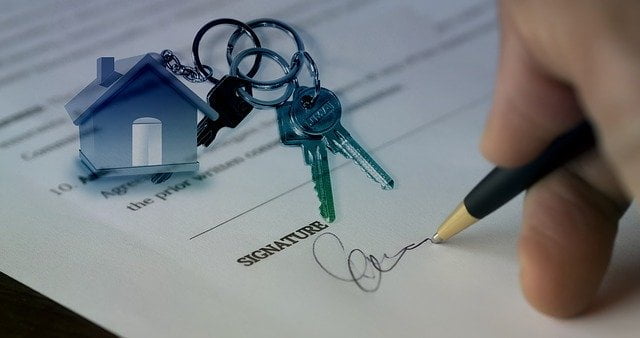You are a tenant in Malta or you are preparing your installation on the archipelago? Are you an investor? In short, the Are you interested in the new rental housing rules?
Our partner Malta Advice has just published a full article on the new law in force in Malta to regulate the rental of private residential accommodation. Here you will find all the information you need to know, the most important of which we present to you.
Please note that leases entered into before June 1 1995 and contracts for property leased exclusively for tourism purposes, as a secondary residence or as a vacation home are not concerned.
Here are the key points to remember and respect:

Obligation to register leases
From now on, all short and long-term residential rental agreements must be registered, for a fee, with the Housing Authority within 30 days of the commencement of the rental agreement or they will be considered null and void.
They must also include certain information, such as the duration of the lease, the amount of the security deposit and an inventory of fixtures.
The Chairman of the Housing Authority also has the power to issue a demand letter if the landlord fails to register the lease, giving the landlord the opportunity to comply with the law. If the landlord nevertheless fails to register the relevant lease or makes a false declaration, this constitutes a criminal offence punishable by fines ranging from 2,500 to 10,000 euros.
The duration of leases is now regulated
Private residential leases cannot be for less than one year.
Short-term rentals must be limited to a maximum of 6 months, with no possibility of renewal. It must meet a specific need (4 possible cases) which must be duly specified in the lease and proof must be provided.
Rules for notice and lease cancellation
The long-term rental contract ends at the end of the agreed period, provided that the landlord notifies the tenant at least three months in advance by registered letter. If not, the lease will be renewed for a period of one year.
For one-year leases, the tenant has the right to terminate the contract after 2 months with a one month notice. For contracts of 2 years and over plus, the notice period is doubled. The tenant is obliged to withdraw from the lease by registered letter.
In the case of a short-term rental, the tenant can terminate his or her lease after one month – without loss of deposit – to provided that the owner is notified one week in advance by letter recommended.
Payment and increase of rent
Unless otherwise agreed, the rent will be paid on a monthly basis and the owner will not be able to demand the payment of any of more than one month’s rent. The owner shall also provide the tenant a rent receipt.
The rent can only be increased if a clause in the lease so provides.
Financial incentive for lessors
In order to encourage landlords to rent out their homes for the minimum period of one year, the Maltese government has introduced a tax incentive system into the law. For example, funders renting a one-bedroom apartment for two years will benefit from a tax credit of 200 €.
Prohibited clauses
In addition, the law prohibits the inclusion of certain clauses which, if included in the contract, would be considered to be without effect. They include, for example, automatic termination of the lease, the payment of compensation for the use of furniture or restrictions as to the normal use of a dwelling.
Room rental considered as a short term rental
All room rentals must have a duration of 6 months. The lease terminates at the expiration of the lease, without a notice is required. The tenant may withdraw at any time after At the end of the one-month period, with one week’s notice. These leases cannot be renewed and must be recorded in the accounts as a same as any other private residential rental agreement.
Additional rights granted to tenants
Under the new rules, it is a criminal offence for a landlord to forcibly evict a tenant from a property that the tenant occupies as a principal residence. This only applies to residential rental agreements for private accommodation and does not apply to room rentals.
Owners who violate this rule are subject to a fine ranging from 1,500 to 4,000 euros. This also applies in the case of unauthorized entry into the dwelling, removal of furniture or personal effects and suspension or interruption of water and electricity services.
No forced evictions of tenants
Tenants who fail to comply with the provisions of the contract, including the payment of their monthly rents, cannot be used to be forcibly evicted by their landlord. The same applies to tenants who continue to occupy their rental unit beyond the agreed duration.
In this case, the lessor must bring the matter before the competent bodies. The tenant will nevertheless be required to pay the the landlord an amount equal to the rent until the landlord vacates the property.





















